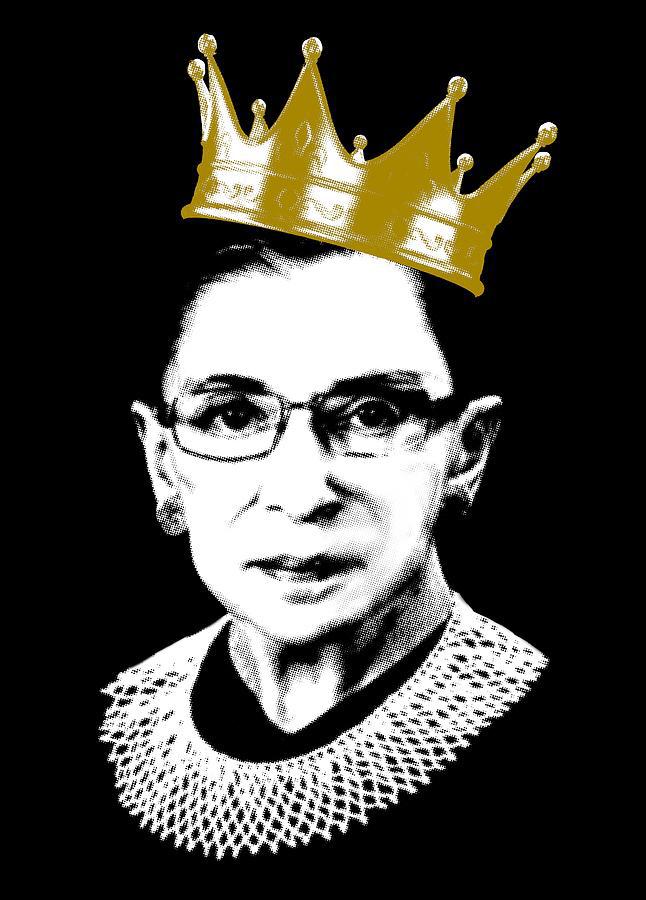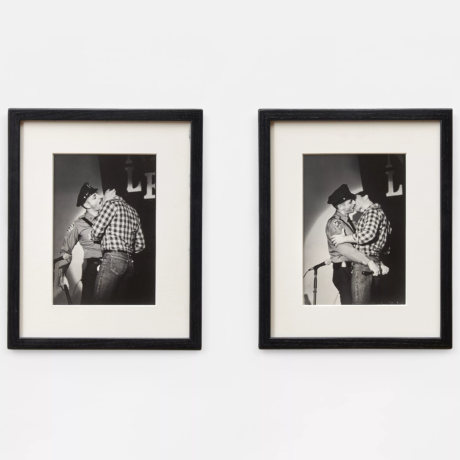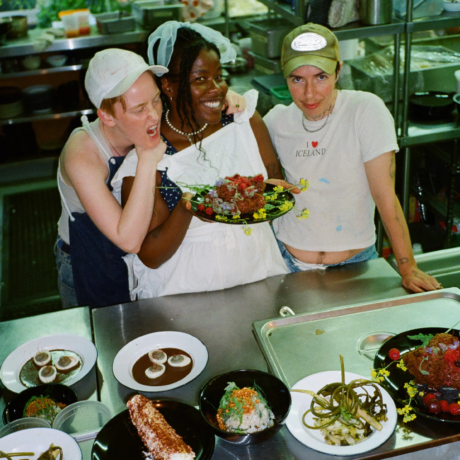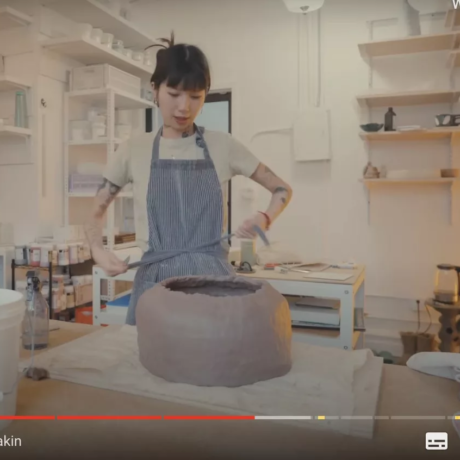
Snapshot is a weekly series that zooms in on a single photograph to explore the context of an image, the conditions it is created within and its wider cultural impact.
By the time she died aged 87 on Friday 18 September, Ruth Bader Ginsburg’s image was world famous. The transformation of the Brooklyn-born jurist into an icon of visual culture started with her introduction into meme culture. A simple, wildly popular portrait picture bears all the Bader Ginsburg image trademarks, from her oversized glasses, glitzy earrings and her jabot, to her direct don’t-mess-with-me stare.
The photocopied aesthetic and the overtly fake gold crown positioned jauntily atop her head is a reference to the equally iconic photograph fellow Brooklynite, the Notorious B.I.G. The photograph of Biggie was taken by Barron Claiborne three days before the rapper’s murder. (Claiborne bought the crown for $6; it sold this month at auction for six figures). With this meme, Ruth Bader Ginsburg was recast as the Notorious RBG: a brand (and an Instagram account) was born.
“With this meme, Ruth Bader Ginsburg was recast as the Notorious RBG: a brand was born”
Sean Combs (aka Diddy) reportedly felt that the cheap plastic crown made Biggie look like Burger King. There is an element of mockery too in this image of Bader Ginsburg; while denoting her 27-year-long sovereignty as an associate justice at the US Supreme Court, it also signals the kind of joke Bader Ginsburg herself reportedly always took in good humour, whether it was as the subject of a Tumblr webpage or skits on Saturday Night Live. It’s an image that suggests she is human, fallible, imperfect (she admitted to having too much wine at dinner before the State of the Union address in 2015) but also an untouchable, historical figure who wrote women’s rights into law over the course of her career.
A cornucopia of merchandise was subsequently printed with this regal image of Bader Ginsburg: it has manifested into everything from t-shirts to transfer tattoos—she has even been turned into a Menorah. It is a very American form of myth-making via commercialisation. What better to sell than the story of a woman and her fight against the system, neatly packaged into products? A biopic and a documentary film followed, as well as a book—with this image as its cover. The Notorious RBG is meme-able and memorable, but does her rebranding, as good-humoured as it may be, suggest something more sinister about the treatment of Bader Ginsburg and her legacy?
It would be easy to like, tag and share without reflecting on what her death may mean politically in the near future. As the figurehead of the liberal wing of the Supreme Court, her passing leaves Republicans with an opportunity for Trump to appoint a replacement and lead to a Conservative majority. This could have a grave impact on all that Bader Ginsburg fought so fervently for her whole life, particularly women’s rights. She ensured that equality was laid down in law, from employment rights to healthcare to taxation.
“It would be easy to like, tag and share and not reflect on what her death may mean politically in the near future”
When Combs objected to the Notorious B.I.G. image, he understood how easy it might be to undermine the importance of a Black man in the US. The image of Ruth Bader Ginsburg threatens to do the same, sidelining her struggle and achievements as a woman, representing a group still othered and discriminated against in the US today.
Labelling her as ‘notorious’ has the subtle implication of a ballbreaker, a woman who was often unwelcome in an overwhelmingly male-dominated space (she was only the second woman to become a justice at the Supreme Court) and whose strapline became ‘dissent’. Both Bader Ginsburg and Biggie knew what it meant to face systemic injustice, and they fought against it on the world stage in their respective (if very different) ways. As Notorious B.I.G once rapped, “Things done changed, but we continue to reign.”





